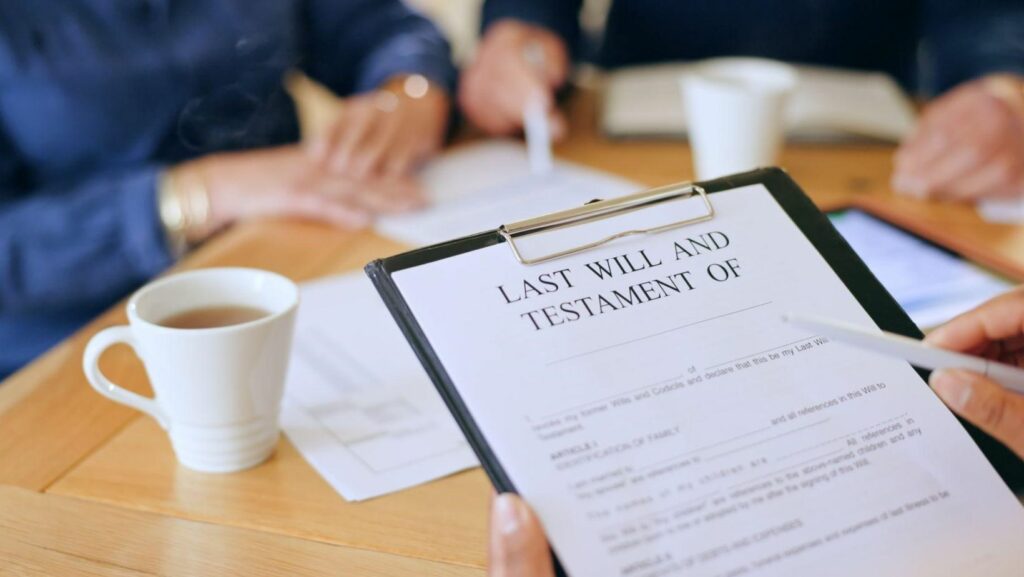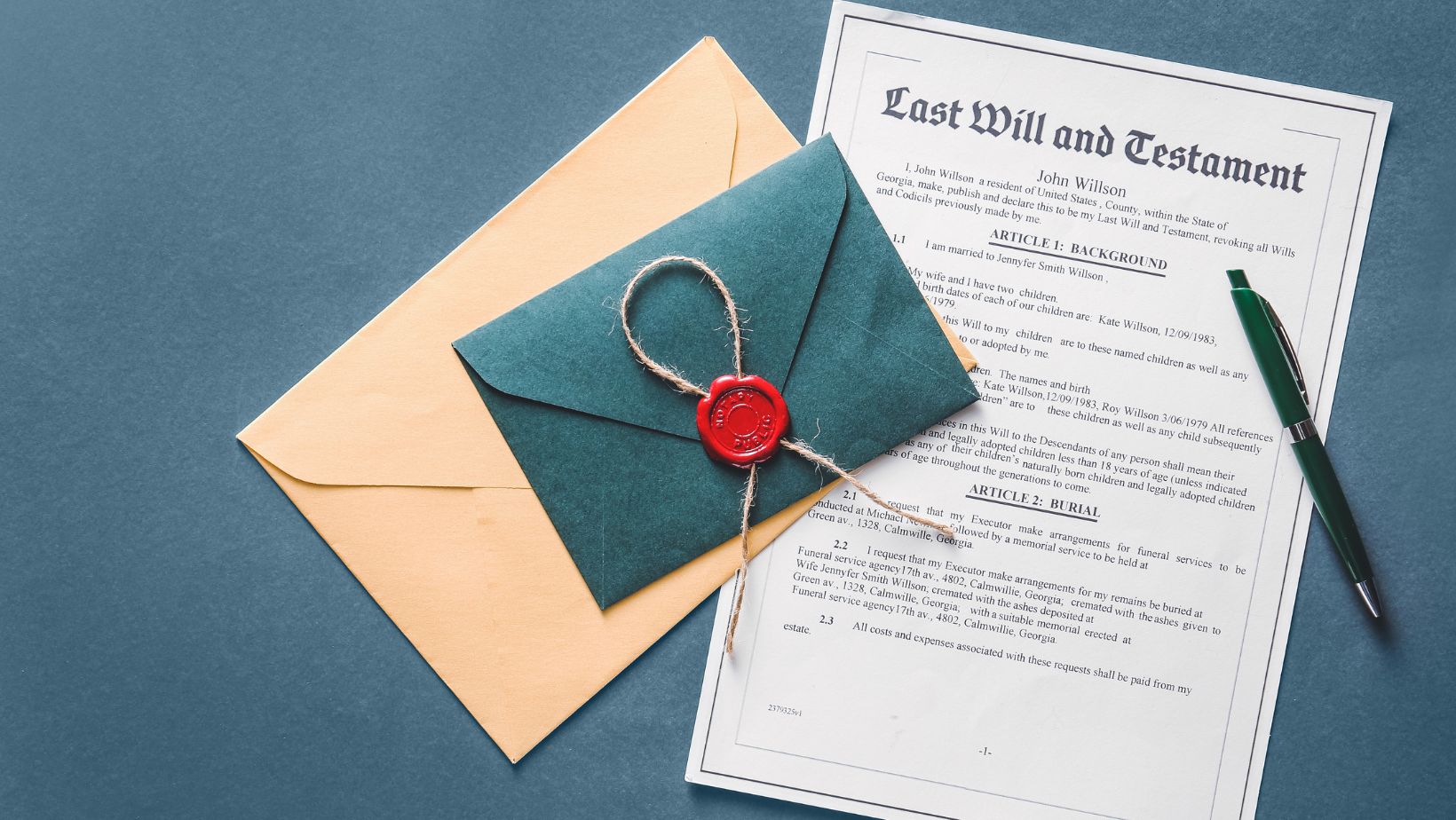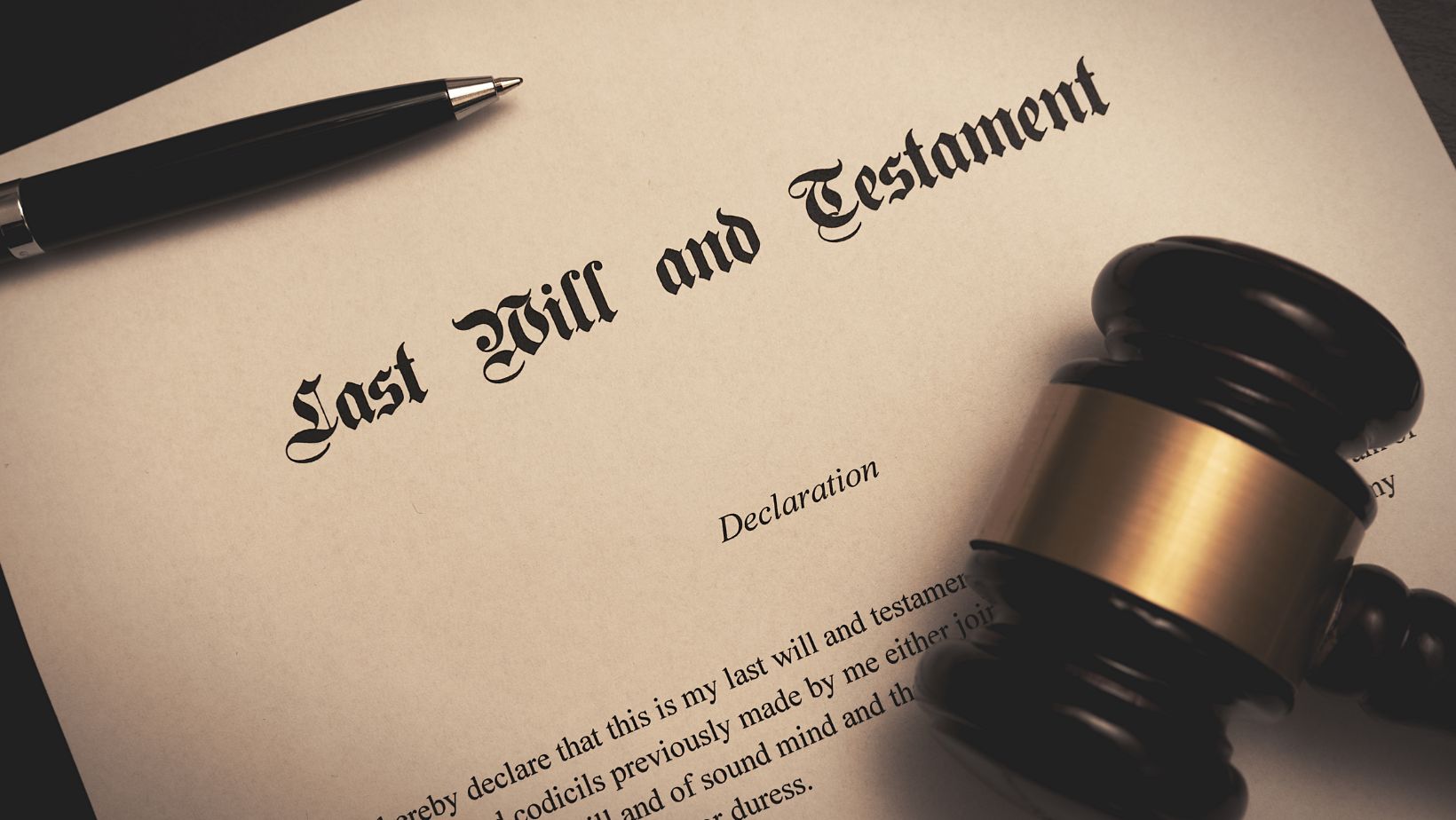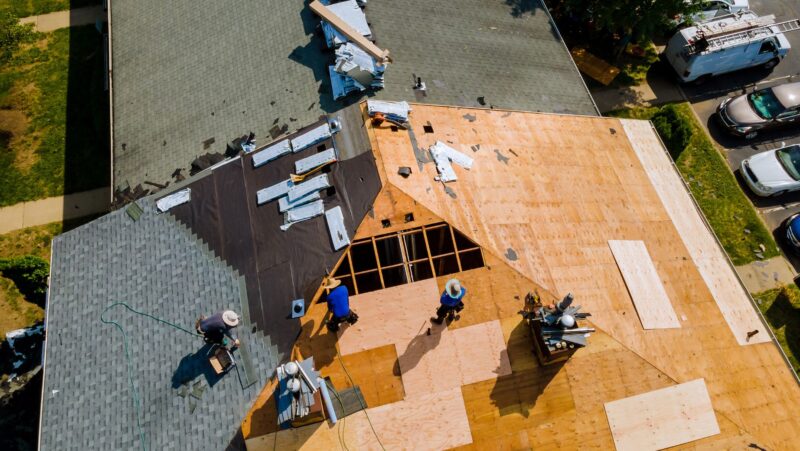
A last will and testament is one of the most important documents that someone can write or sign. Ultimately, it’s the document that dictates what will be done with someone’s assets after they pass away. While not everyone has a will written at the time of their death, it’s always a good idea to have one just in case. More importantly, knowing how to find a will can help you speed up the inheritance process or ensure that people are following their obligations to the deceased.
While finding a will can be challenging, we’re here to help. Read on to learn how to find a will in public records for free.
What Is a Will?
A will, also known as a will and testament, is a legal document that determines what happens with someone’s assets after death. People can also leave specific burial instructions and other types of instructions that outline how things should be handled after they die. For these reasons, a will is one of the most important documents that anyone will ever fill out. Consulting professionals like Wills Trusts LPA solicitors can ensure that your will is properly drafted and legally binding.
What Information Is Included in a Will?
Wills usually have specific information about what happens after someone dies. Typically, this has to do with their money or assets, but additional information may also be included. Some examples of what you’ll find in a will include:
- A person’s assets
- Debt that someone’s owes
- Chosen executors
- Beneficiaries
- How pets or minor children will be handled
Additionally, people may include whatever else they like in a will.
Is a Will Considered a Public Record?
Yes, a will is a public record. When someone dies, information about the will can be found and viewed through third-party tools or by going to local courthouses. While this is the case, wills don’t become public records until someone dies.
While the person is alive, the will is private to them unless they want to show you. It’s also important to note that the probate process is also a public record. This means that anyone can see how assets are distributed when someone passes away.
There are two ways to go about finding someone’s will in public records for free. You can go to the courthouse where they died or use a third-party public records search tool. Both options are viable, but your results may vary. Learn more about both options below.
Go to the Deceased’s Local Court
One of the easiest ways to get someone’s will is to go to the court or county clerk’s office where the person died. They will have a record of the will and can give you a copy of it. You’ll need to have the right information to succeed, but most courthouses only require a name and the date they died. That said, some states may require you to have their death certificate or at least a copy of their death certificate. We always recommend calling ahead first to avoid this problem.
Some courthouses may have websites that you can use to search through their database. While most options are free, some may have a small fee.
Public Records Search Tools
When it comes to finding a will in public records, driving down to a courthouse or combing through dozens of databases can be a hassle. What’s more, it can end up costing you time and money, which is not ideal if you need that as soon as possible. The good news is that you don’t have to search through millions of public records alone. Tools like Information.com’s public records search tool do the hard work for you.
All you have to do is enter the deceased’s name and location to begin the process. From there, Information.com scans through millions of public databases to compile an accurate and current full report about someone. This will include their will and anything else that’s a public record.
Find a Will in Public Records for Free Today
Most people have some type of will when they die, and that will is a public record. The probate case about how assets are distributed is also publicly available for anyone to see. That said, you have to know how to find someone’s will because it’s not just something you can Google. Instead, we recommend starting with a reliable online tool like Information.com. It can help you view anything that’s a public record, including someone’s will. If that doesn’t work, don’t panic; you can always visit the local courthouse where they died for a copy of the will.














